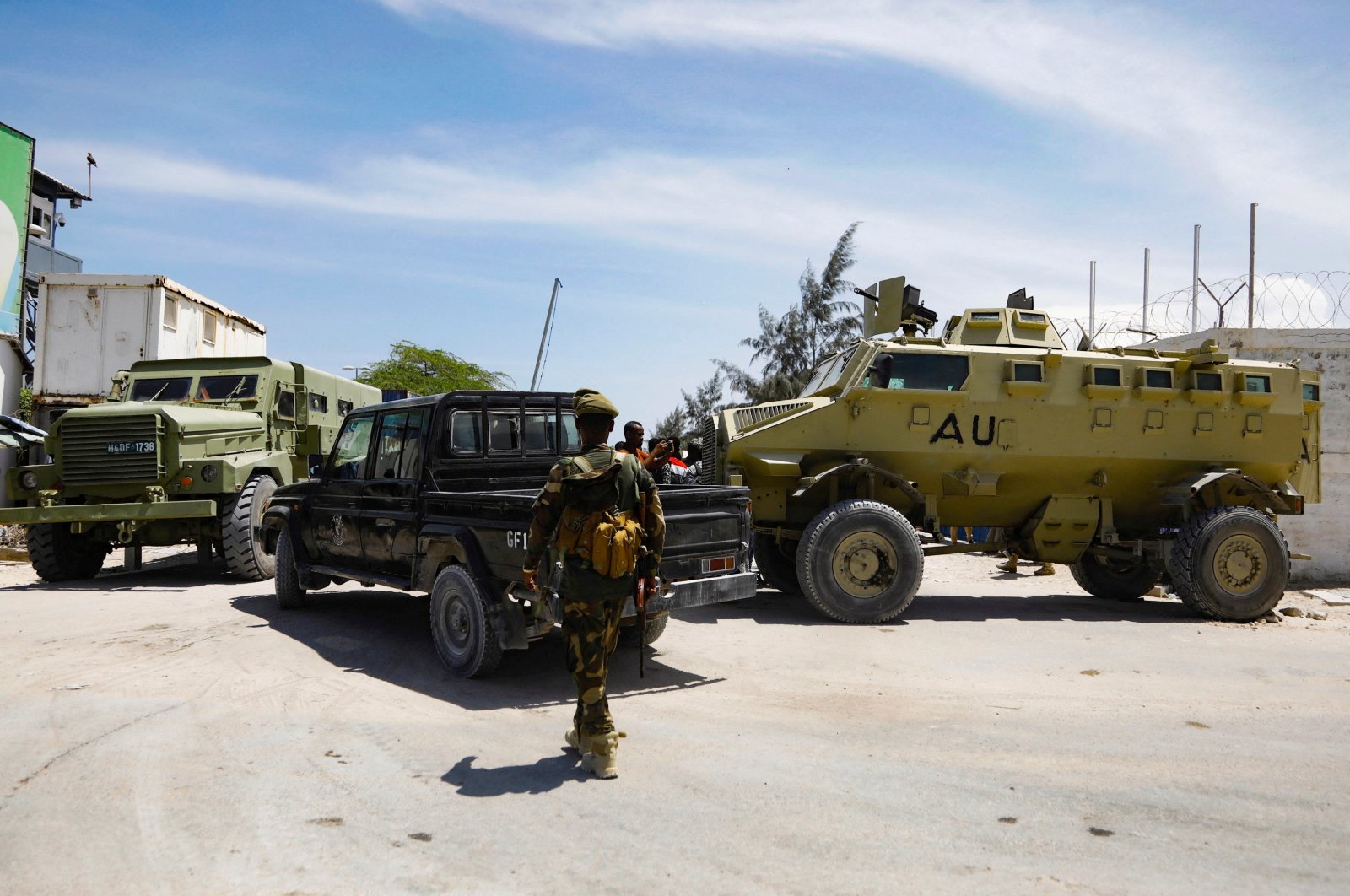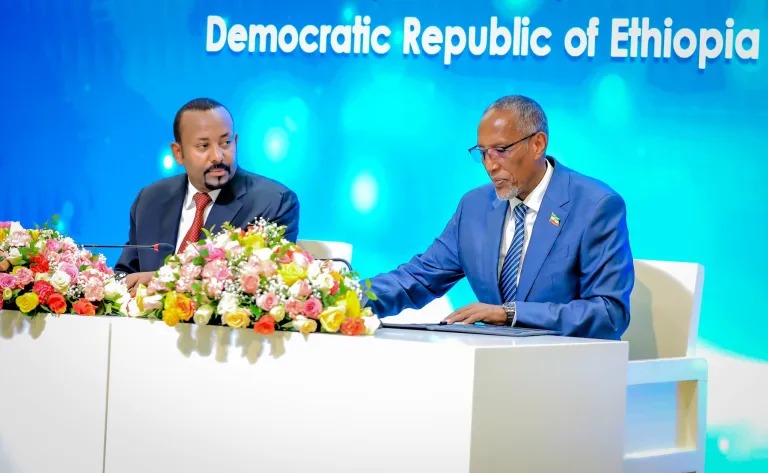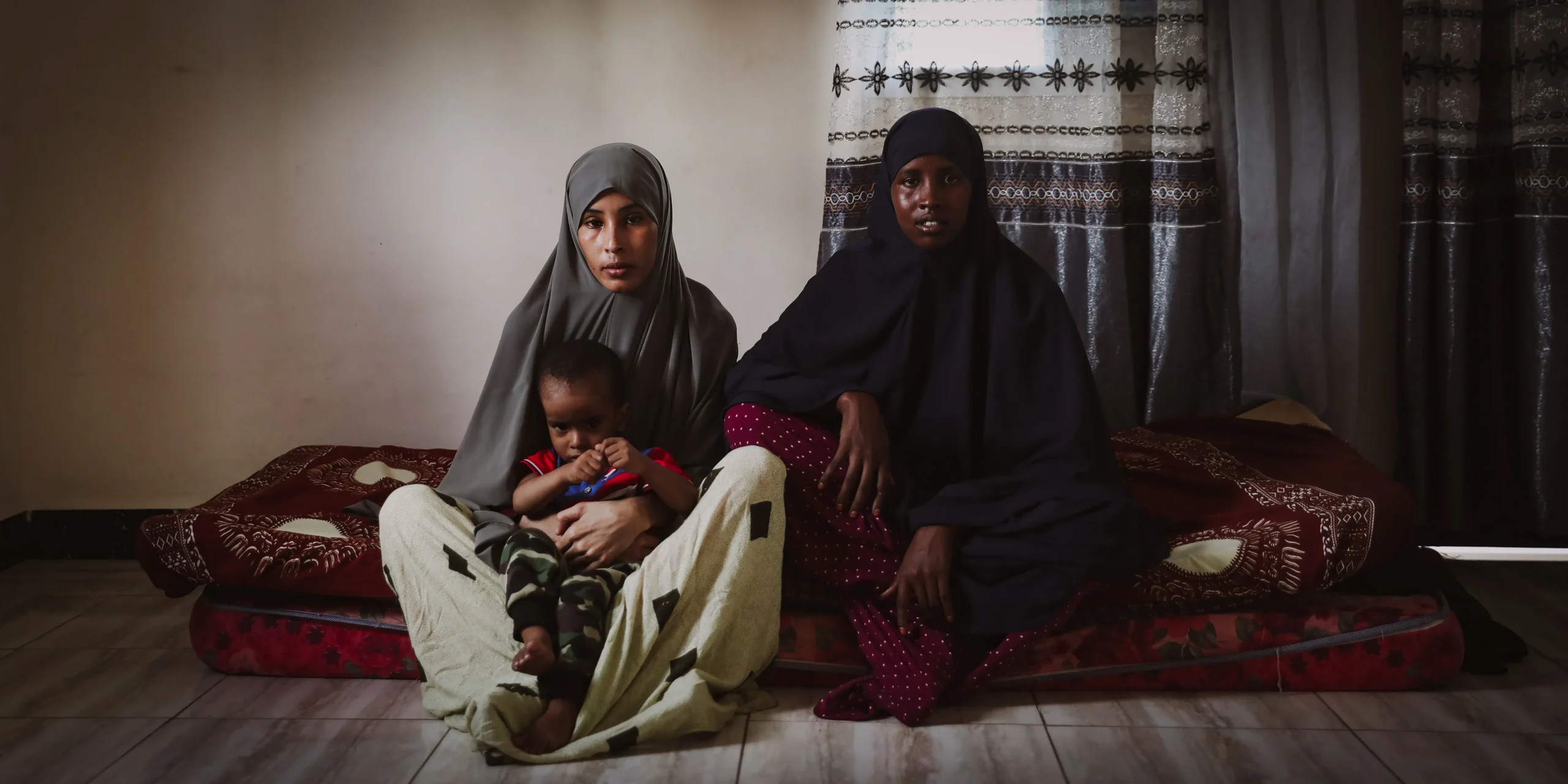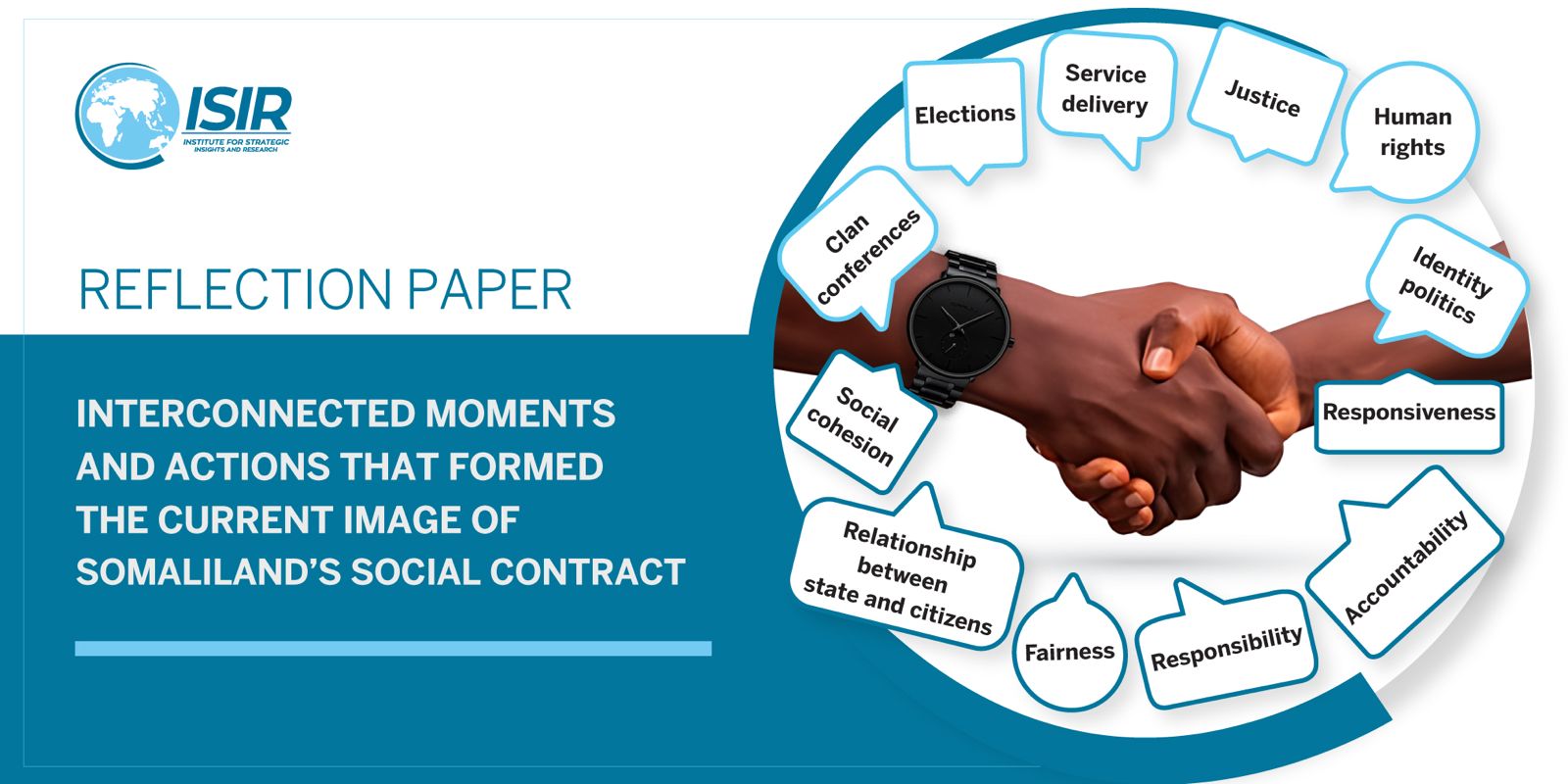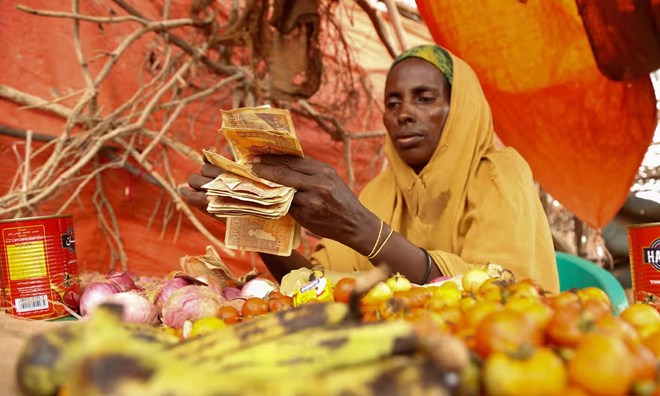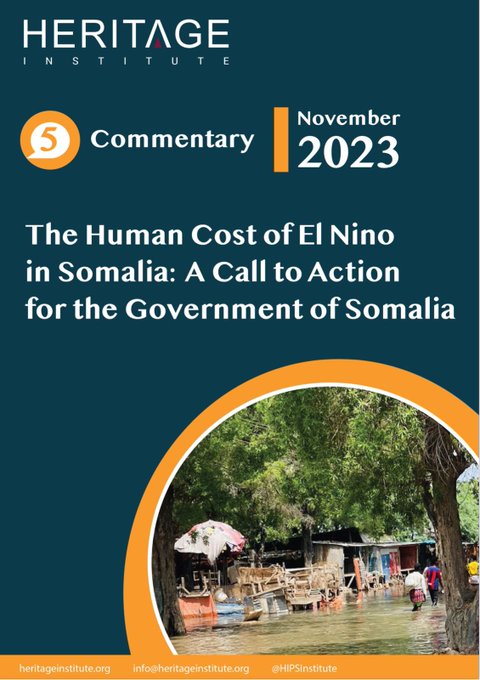When I travel, I prefer to congregate some books before packing some clothes. Because books are good friends when no one is there for you. Books are for me what knights are for the kings. This time, my trip is to Ballidhiig of Togdheer region — (east of Somaliland) — my birthplace. This is a great odyssey to me. And for the books that accompany me, one specific title typically reflects the very essence of the journey: Nelson Mandela’s “Long Walk to Freedom”. Deep in it, my journey is one towards freedom. Touching the lucid ‘ciidda cas’ (the Hawd’s red sand), with its scene and scent, makes me free from the effects of urbanization and modernism. Free from the depressed world and its daily, stressful hardships. I even have deactivated my Facebook account, to get some quality time with the open space.
It is a journey to reclaim my identity. An identity that has been shaped by the fresh air and crystalline sand, but was almost polluted by the digital, capitalist world. And an identity that has been nurtured by the teachings and guidance of my grandma and my beloved mother. An identity that is threatened by the hurly-burly city life which has its way of erasing the past. So, it was a great opportunity for me to have Mendel’s book with me during this very personal trip of mine. Though it was not my first time to open Mandela’s autobiography, it made more sense this very time than the one it made my first encounter with it in 2015.
Although my grandma is no longer around, yet I can feel her presence, and I even can hear her kind, wise words. I cannot believe I am addressing her in the past tense!
My grandmother, Fadumo Mohammed-Aar (1927–2016), left us on March 05 2016, the same day when the great Sudanese intellectual Hassan al-Turabi passed away. I heard the tragic news when I was on my way from the university in Hargeisa. It was a peaceful Saturday morning, and I have just finished my classes at the Psychology Department of Franz Fanon University. On the way, I first learnt the death of al-Turabi, whose books and lectures contributed to my enlightenment. And when I came to the house, a brother of mine told me what seemed to me the end of the world: our beloved grandmother ceased breathing! And long before my grandmother’s demise, my mother flew the country seeking a better future for my other younger four children — whom we have a regular, daily contact, and she still remains my best friend and mentor.
My grandma, together with my mother, used to teach me how to be a man of his own. How to be a FREE man. Free! Free from any supposed allegiance. Disinterested, to be precise. Therefore, being in Ballidhiig remembers me of such teachings. Being free man. Hence long walk to freedom.
The intelligence of the grandma has contributed to my personality. Despite not attended to a formal school, both my grandma and mother taught me lessons that is not ready in any school in this universe. Especially my grandma, who used to tell me stories which were rich of moral lessons. Yes, both my grandma and my mother never went to a formal schooling system, but they have learnt many from the life. They are, basically, the daughters of the nature. One learns how to be literate from schools; but from life, one learns how to be decent. Having natural knowledge, they made me. As Sigmund Freud convincingly argued, the overall personality of an individual is extremely shaped by his/her experiences of the first 6–7 years of childhood. And I’ve spent almost all of them with my grandma (5 years to be precise), therefore I call myself a proud ‘ayeeya-koris’ son (one who’s raised by grandmother). One maternal uncle of mine (‘abti’) once called me “the replica of your grandma.” And I take that as compliment.
Unlike the majority of the Somali Nomadic families, both my grandma and her daughter never made me recite my supposed genealogical family tree (‘abtirsiinyo’). None. And I spend almost my entire age with them. I literally grow up with them. But, they have not bothered to spread such myths to me, not even a single day. Because, I can make sense, they didn’t want me to waste more time on irrelevant past. They thought that my identity was not buried at graveyards with my ancestors. The dead/invisible guys can not control the alive/visible me. When I tell people about this fact, they tend to say: “your parents must be different.” And I instantly reply, without a hesitation, “yes, they are. And so am I.”
My mother is a typical African mum: she used to curse and care about me at the same. But make no mistake, the curse part was just her way of disciplinary approach and not that serious, but when it comes to caring, she meant it. And she made it. She made me. And she made me sophisticated, successfully.
During my time in Ballidhiig, I have to go very evening to the woods of Ballidhiig-yare (Little Ballidhiig), roughly 3.25 km of walking to the south, to Ethiopia. The open air inspires my imagination, and gives me a first-hand sense of belongingness. I find myself surrounded by familiarity in the sand, the trees, the animals, the sky, and the people. Almost each and every person I meet with in here is somehow related to me. In addition, early in the morning, a fresh camel milk is served to me. And in Somali culture, drinking the milk of ‘Ramad’ (the newly she-camel mothers) is deemed healthy and refreshment, and that was what I exactly have got from it. After all, this is the only place on Earth I unapologetically call ‘home’. And that is why this was a homecoming to me.
So, I can proudly say the rules of my personal life were extremely shaped by the philosophy of my mum and her mother, together with the nature of our surroundings. They taught me what any school can’t offer.
Here are some:
Rule #1: Know yourself. Be insightful. Because that is the way we can consciously learn our external world.
Rule #2: Don’t under(over)estimate the people. Limit your expectations. Because people and life is drastically dynamic. So, instead of regretting when someone or something doesn’t meet your stereotypes, keep calm and limit your zone of optimism.
Rule #3: We do not exist, but we coexist. So, build a good relationship with others. Don’t let your actions or words harm, when they can heal. One great way to proof this is to avoid unnecessary lying and false propagating. You don’t have to deceive and tell unnecessary lie to someone which you can unprecedentedly tell the necessary truth. You won’t die because of truth. Say it, act upon it, and behold it.
For example, I can remember one afternoon, when my grandmother was sitting at a corner of her ‘ardaa’, a wide open ground, near her hut. I was very young, and patiently listening to her. In that afternoon, she recited me this poetic verses on the importance of keeping promises;
“Ballan nimaad lahaydeen
Ood boholo isu jeexdeen
Kugu baajay daranaa!”
These verses, roughly meaning “what a awful thing, when a person you have a word with, breaks it!” are kept in my memory. And they can be useful in this post-truth world where ‘fake news’ and ‘alternative facts’ replaced modesty and decency.
Rule #4: We are from the nature, and back to it, so be natural. Don’t try to buy or loan some persona to get attention. And, yes, respect the environment.
Rule #5: Your thoughts and opinions can define and reflect you, but don’t let the way you look define you. Don’t be too obsess on your dressings, haircut styles, and your physical status — and how much materials you possess. This is hard thing to sustain in an era where having seems to replace being. Because that sucks! And my mother taught me this practically. She can use the same dressing for a long time, though she can afford buying new ones to impress others. She taught me it was important to impress yourself, instead of chasing the mirage of satisfying others.
Rule #6: Try to avoid problems, instead of trying to solve them when they appear. Don’t wait them. This helped me a lot. Avoidance measure helps more, because being preventative is more effective.
Rule #7: Be flexible. Don’t be so sure. Life is full of surprises. So, prepare for the every possible scenario and make your mind adjustable. Your circumstances and your rules/principles may sometimes not overlap. So don’t die to protect your rules, rule to protect yourself from dying.
From that, one can perceive, this was not an ordinary trip to me. It was a journey for both my head and heart. It was a combination of emotional and rational trek to me. It reminds of me that I am, and will remain to be, the son of a Nomad. I am, and always will be, the exact product of ‘reer Hawd.’ And in those days I have dated, using Mandela’s words, “my love of the veld, of open space, the simple beauties of the nature, the clean line of the horizon.” In night, I used to sleep at the ardaa, enjoying the sky and its beauty, the stars and their brightness, and the fresh air and its pureness, with music and the majestic voices of some Somali vocalists. The admixture of these made my entire stay. Through these, when I was there it was like nothing can shut me in, and that my mind can roam as far as wide the horizon. The landscape and the natural beauty gladdened my heart in a way that tranquilized my mood. It was exhilarating experience.
By Aziz Mahdi
Categories: Opinion







